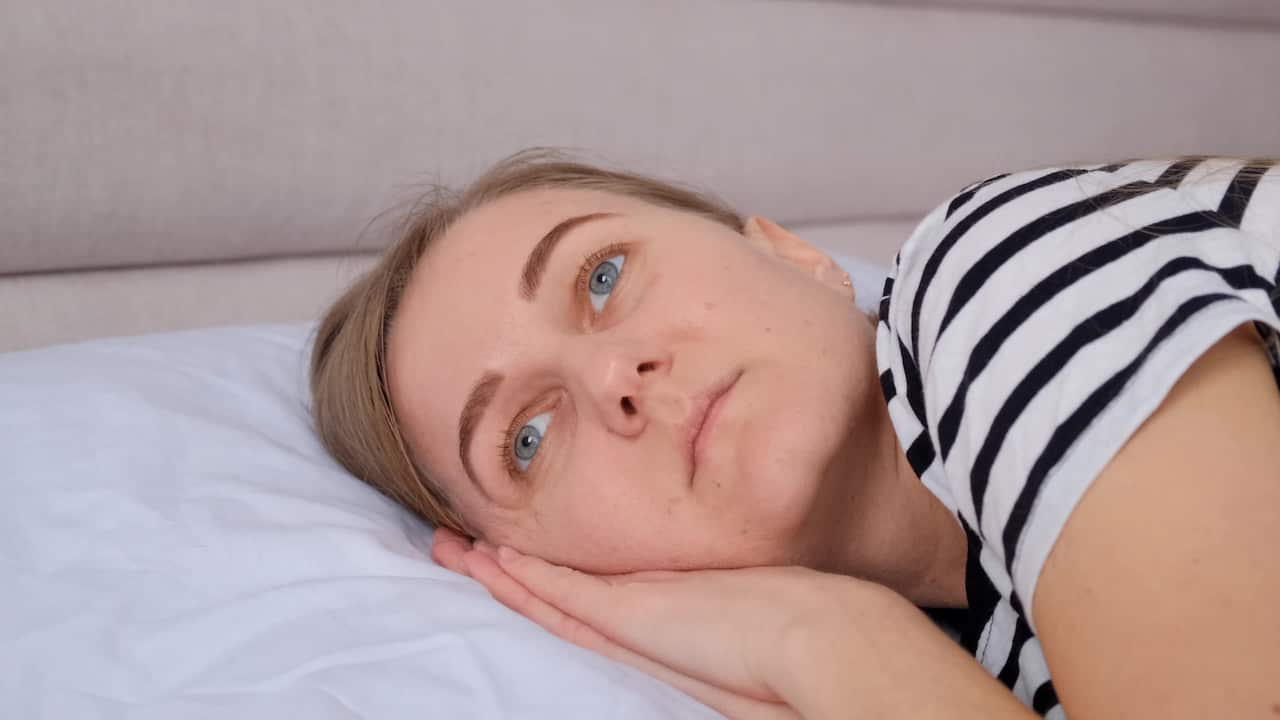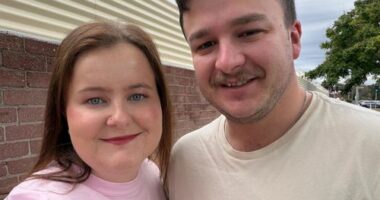Share this @internewscast.com
No interactions with friends, no sports activities, no social gatherings. Just her—lonely, isolated, and bound to her bed—with only a sick mother, a caregiving father, and a sibling as her companions. Month after month.
Sadly, we knew this condition well and how bad it could get. My wife Jenny has had ME/CFS for over three decades.

Jenny has been mostly housebound and bedbound since the late 2000s. Source: Supplied
‘We felt cursed’
Then, when our daughter also developed ME/CFS, we felt cursed.

Before Jenny got sick, the couple loved travel and adventure. Source: Supplied
What Is ME/CFS?
The condition is marked by Post-Exertional Malaise—any exertion, whether physical or cognitive, might trigger a collapse lasting days, weeks, or even become permanent.
We decided to avoid that treatment for our daughter and she has improved somewhat.

ME/CFS is a complex, debilitating disease that affects multiple bodily systems, including the brain and muscles, as well as the digestive, immune, and cardiac systems, among others. Source: Getty / Family video
‘Dismissing decades of suffering’
A life of loss
This deepens the isolation of managing this illness alone, amplifying the emotional toll on carers who must constantly advocate against disbelief while supporting their loved ones.

As a carer for two people with ME/CFS, Peter McCluskey says his life is also one of loss. Source: Supplied
I’m an emotional anchor for Jenny, who faces daily grief for the life she once had.
And every day, I watch someone I love suffer.

A graphic showing the number of Australians who live with an invisible disability or illness. Source: SBS
Fighting for change
Without the ability — or energy — to mobilise en masse, their suffering largely remains hidden away.











